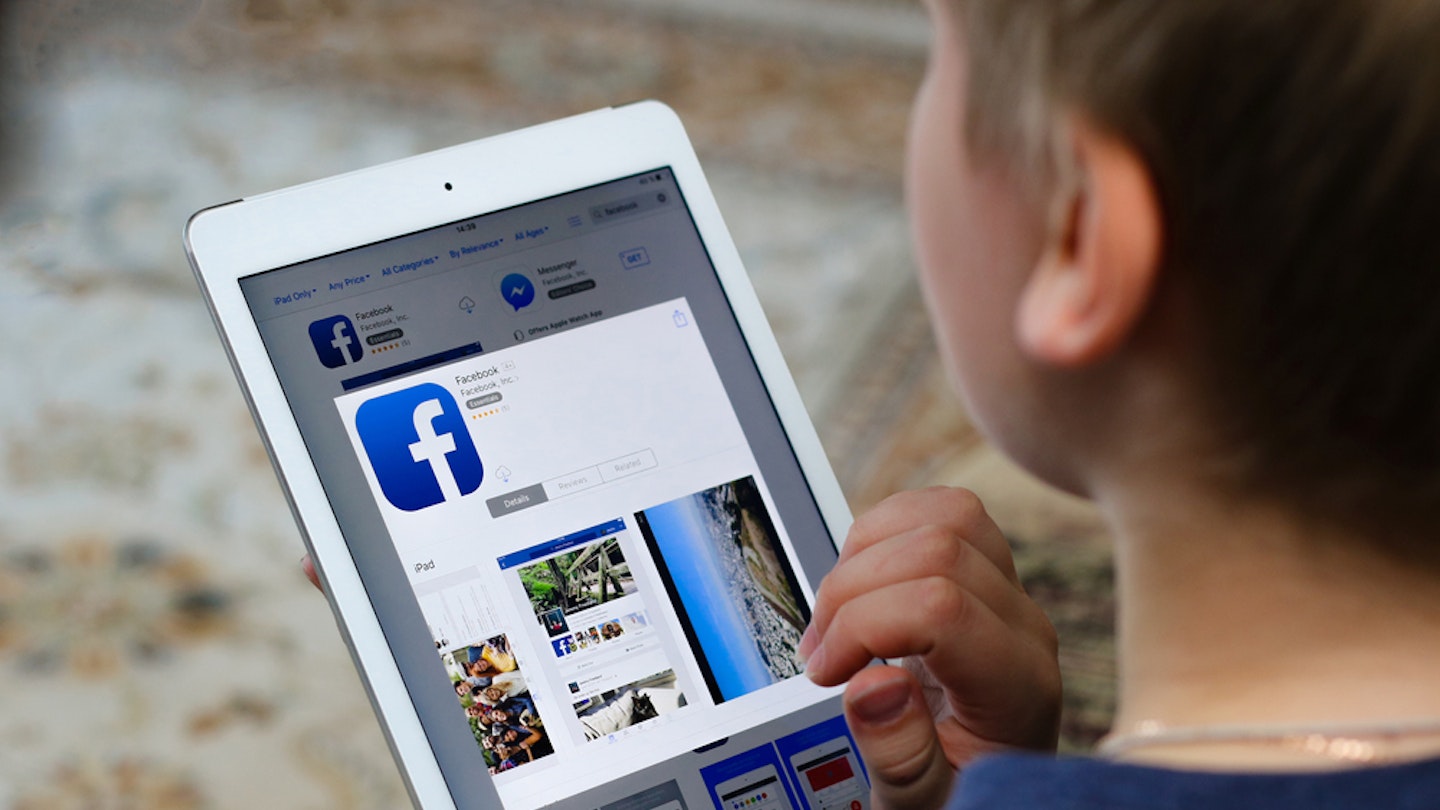Facebook's new app Messender Kids has parents and child experts worried...
Messenger Kids is a new app from Facebook, aimed at little one’s under 13. Currently being trialled in America, according to Facebook, the app is designed for kids to connect with close friends and family from their tablet or smartphone.
But how does it work?
Kids can only connect with parent-approved contacts, which is aimed at creating a more controlled environment for children. Messages don’t disappear, and cannot be hidden, so it allows parents to log in and see who their children are talking to online.
All gifs, stickers and drawing tools on the app are designed with kids in mind and each child’s Messenger Kids account will be managed through the Facebook account of their parent or guardian.
Parents have the ability to remove anyone from their child’s contact list at any time, and children can block people they no longer want to be connected to. Facebook have also developed the ability for parents to report anything that makes them feel uncomfortable on the child’s account.
That said, according to new research by Barnardo’s, 90% of parents are worried about the new Messenger Kids app, due to the potential for strangers to pose as children and interact with youngsters on the internet, using it as a place to send explicit messages and pictures.
During the trial in America, almost 100 US child health experts are said to have written to Facebook chief executive, and father of two, Mark Zuckerberg, raising concerns about the app’s potential risks to children.

Ahead of its launch in the UK, an online survery of 1,000 parents by YouGov have revealed similar anxieties. 61% of parents said they were worried that strangers could pose as their children’s friends, whilst over half (51%) said they were concerned that children could use it to share inappropriate or explicit images.
These findings come as Barnardo’s launches an appeal to help fund services across the UK that support children who have been sexually exploited, after a 38% rise in referrals last year.
When asked about the Facebook app aimed at young children, Barnardo’s chief executive Javed Khan said: "It is clear that parents have concerns about Facebook Messenger Kids. While the internet provides amazing opportunities, it can also be a place of danger and too many children are groomed and abused online.

"Barnardo’s is not yet convinced by Facebook’s assertion that controls for the messaging app are stringent. Not all parents will feel confident managing their children’s accounts and we understand how hard it can be to spot whether a profile is genuine or a potential danger.
"We are particularly concerned that actively encouraging young children to form virtual friendships makes them more susceptible to grooming and exploitation. Our specialist services see first-hand the harm caused to children who have been groomed online and sexually abused.
"As our survey shows, parents are unconvinced that there is a need for Messenger Kids, and we urge industry to listen to them."
What do you think? Would you let your kids use the messenger? Join us on Facebook for the conversation.
This article originally appeared on Closer online.
